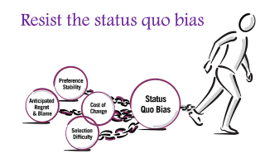HIGHLAND CREEK
Being the third largest, extremely stable and transparent economy in the world, Japan provides many attractive business opportunities.
One of the most sophisticated consumers challenging corporates day in day out, high quality manufacturers delivering state of the art products, energy sector rapidly shifting to renewables, digital transformation accelerating across the industry, Fintech, BioTech, EdTech, RetailTech, and any other startups sprouting based on DeepTech... all those business ingredients interacting with each other to create new opportunities.
Japan is the fastest aging society.
That aspect of Japan challenges businesses continuity. There are more and more such cases rising that well-run, financially viable companies seek for outside supports as presidents and skilled workers retire. Weaker Japanese Yen also affects companies in Japan as foreign companies find Japanese companies no longer overpriced. Yes, M&A transactions are all time high now.
Since the burst of the bubble economy in 1991, Japanese corporate culture has long lost its dynamism to take risks to grow. Today, Japanese corporate conservatism is characterized by four pillars, “Precedents Bias”, “Peer Pressure”, “Status Quo Bias” and “Silo.” However, finally, awareness to break the rigid conservatism is on the rise. Transformation is inevitable for every company.
Highland Creek is your bilingual business gateway to Japan who incorporates both macro and micro business trends, understands your company history and current transformation needs, and tailors its offering to your value creation activities.
We are very much looking forward to hearing you and responding to your needs.
Ken Iida
Managing Director
Highland Creek
4 characteristics of Japanese companies
that should be appropriately addressed to accelerate transformation

Precedents Bias
Failures live long in Japan, and that keeps employees away from trying to solve old issues.

Peer Pressure
Peer pressure is extremely strong in Japan, but it can be used both negatively and positively.

Status Quo Bias
Peculiar in Japan that employees discuss risks conceptually without mention of returns, and influence others not to take such risks.

Silo
One of the reasons that Japanese companies change only slowly is that employees start new things from scratch without communicating with colleagues, and do not hack, either.